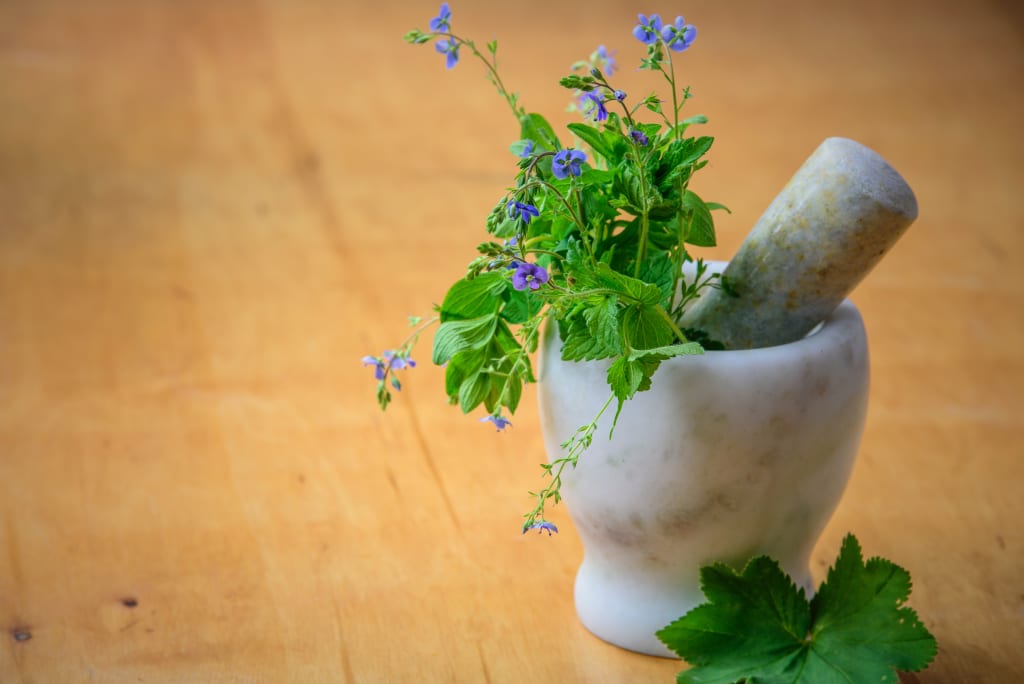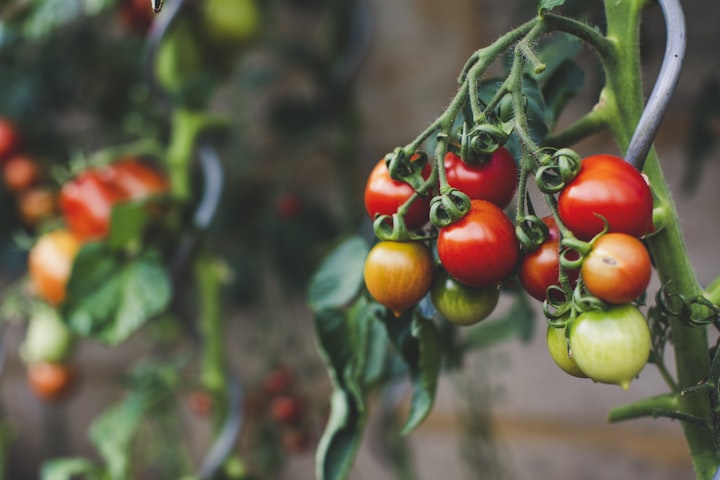
Introduction
Long before the advent of modern medicine and pharmaceuticals, ancient civilizations relied on the healing power of plants to address a myriad of health concerns. From the lush rainforests of South America to the arid deserts of the Middle East, indigenous cultures possessed an intimate knowledge of their local flora, cultivating a rich tradition of herbal medicine. In this in-depth exposé, we embark on a journey to uncover the secrets of ancient herbal medicine, delving into the profound wisdom of our ancestors and exploring how these age-old remedies continue to inspire modern healing practices.
The Origins of Herbal Medicine
Herbal medicine is as old as humanity itself. In ancient times, when written records were scarce, knowledge of herbal remedies was passed down orally through generations. Shamans, healers, and medicine men were revered for their profound understanding of the medicinal properties of plants, and their wisdom formed the foundation of traditional medicine in cultures around the world.
Ancient Civilizations and Their Herbal Traditions
Various ancient civilizations developed sophisticated herbal medicine systems, each influenced by their unique environment and cultural beliefs. For instance, Traditional Chinese Medicine (TCM) evolved over millennia, emphasizing the balance of energies and the concept of Qi. Ayurveda, originating in ancient India, focuses on the interconnectedness of mind, body, and spirit, utilizing herbs to restore harmony within the individual. Egyptian and Greek civilizations also documented extensive herbal knowledge, with texts like the Ebers Papyrus and the works of Hippocrates providing valuable insights into their herbal practices.
Herbal Medicine in Indigenous Cultures
Indigenous communities across the globe possess an intricate understanding of local plants and their healing properties. Their deep connection with nature and reliance on herbal remedies have sustained their well-being for centuries. From the use of Echinacea by Native American tribes to the healing properties of Australian Tea Tree oil in Aboriginal medicine, indigenous herbal knowledge continues to be a source of inspiration for modern herbalists and researchers.
Unraveling the Science behind Herbal Medicine
While ancient herbal medicine relied on empirical observations and oral tradition, modern science has sought to validate and understand the mechanisms behind these practices. Researchers have identified numerous bioactive compounds in plants, such as alkaloids, flavonoids, and terpenoids, that contribute to their medicinal properties. The fields of ethnobotany and ethnopharmacology explore the traditional uses of plants and aim to discover new medicinal compounds hidden within nature's pharmacy.

Modern Applications of Ancient Herbal Medicine
As interest in natural and holistic healing grows, ancient herbal medicine has experienced a resurgence. Many traditional herbal remedies have found their way into modern health practices as dietary supplements, herbal tinctures, and essential oils. Echinacea is used to boost the immune system, chamomile to calm and soothe, and ginger to aid digestion - all based on ancient wisdom.
Challenges and Controversies
Despite the promising potential of herbal medicine, challenges exist in integrating it into mainstream healthcare. Standardization of herbal products, quality control, and potential interactions with conventional medications are some of the concerns. Moreover, as the popularity of herbal remedies rises, unscrupulous practices and mislabeling can lead to safety risks. Rigorous scientific research and regulation are essential to ensure the safe and effective use of herbal medicine.
Cultivating a Respectful Approach
As we uncover the secrets of ancient herbal medicine, it is crucial to approach this knowledge with respect for the cultures and traditions that have nurtured it for centuries. The appropriation of indigenous knowledge without acknowledgment or understanding of its cultural context can be detrimental and disrespectful. Collaborative efforts with indigenous communities can foster a more ethical and mutually beneficial exchange of herbal wisdom.
Conclusion
Ancient herbal medicine is a treasure trove of wisdom that has withstood the test of time. From the vibrant tapestry of Traditional Chinese Medicine to the intricate Ayurvedic principles, these ancient systems offer profound insights into the healing powers of nature. As modern medicine continues to evolve, the value of herbal remedies persists, inspiring research and exploration into the bioactive compounds that hold the key to our well-being.
By bridging the gap between ancient wisdom and modern science, we can discover innovative and sustainable solutions for our health and well-being. However, it is crucial to approach the study and use of herbal medicine with respect, humility, and an understanding of the cultural context in which it was developed. With this mindful approach, we can continue to unlock the secrets of ancient herbal medicine and harness the healing treasures nature has bestowed upon us.
About the Creator
Abel A.
A writer which has learned from the different spheres of life and an ardent cryptocurrency head






Comments
There are no comments for this story
Be the first to respond and start the conversation.